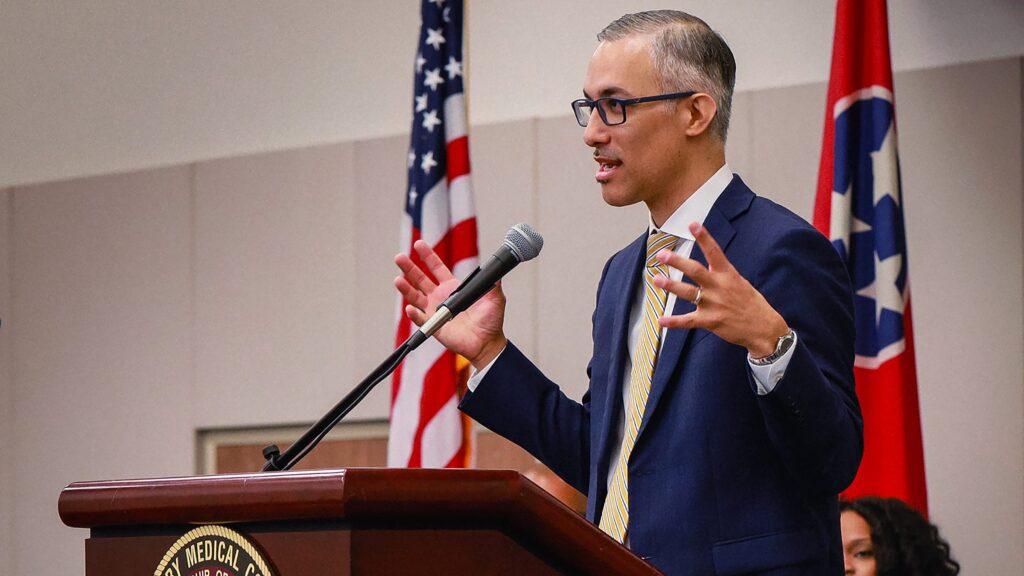Meharry Medical College’s new School of Global Health welcomed 53 new students this month, the first of its kind in the United States.
The school’s curriculum employs a multidisciplinary approach to find solutions and respond with a global perspective to complex and evolving health problems in vulnerable communities.
Daniel Dawes, founding dean of Meharry College’s School of Global Health and senior vice provost for global health, said the project offers a new perspective on solutions to global health problems.
“The world faces an unprecedented health challenge and Meharry is uniquely positioned to lead the development of the next generation of global health leaders,” Dawes said.
Students participating in the program will study topics such as mental and behavioral health, health economics, disaster management, and global health security and diplomacy.
The core curriculum of the School of Global Health will integrate a political determinants of health framework that explores how political factors such as policies, political decisions, and government actions affect public health outcomes.
“This week marks another historic milestone for Meharry and our contributions to global health,” said Dr. James E. K. Hildreth, Meharry’s president and CEO. “We are excited to welcome our inaugural class of extraordinarily talented people who are excited to join the global effort to improve health for all. Their arrival marks a major step in our mission to proactively address important health issues and drive change globally.”
The school said it received an overwhelming number of applications, with its first class drawn from 25 states.
Tennessee was among the states with the highest enrollment, along with Texas, Georgia, North Carolina, Maryland, New York, Virginia, the District of Columbia, and California.
The inaugural class includes 26 students pursuing a Master of Science in Health Equity and Health Law, Policy and Management and a Master of Public Health in Epidemiology and Public Health Practice, while the remaining 27 are pursuing doctoral degrees in Global Health Equity and Health Law, Policy and Management.
The master’s degree program requires 36-45 credits and four semesters, or two years, to complete. The doctoral program offered by the School of Global Health takes four years to complete and requires 73 credits.
The class began with an orientation featuring keynote speaker Donna Christensen, a physician and politician who served as a former member of Congress and former chair of the Black Caucus Health Brain Trust.
The group also heard from David Thatcher, MD, the 16th U.S. Surgeon General, and Richard Besser, MD, president and CEO of the Robert Wood Johnson Foundation.
The school is currently accepting applications for its second class of students for the fall 2025 semester at https://meharryglobal.org/academics .



